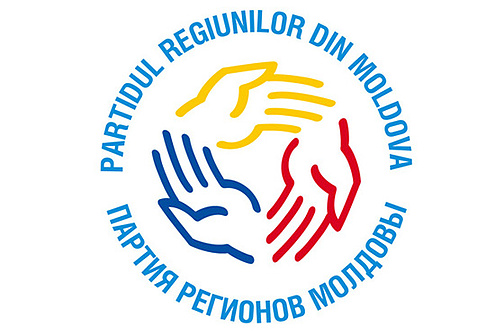---
The Party of Regions of Moldova was created by the example of a similar Ukrainian party, making effort to promote decentralization. The party’s leader Mihail Formuzal is disseminating harsh messages against the government and built the image of a promoter of Russia’s interests. The party has no chances of passing the election threshold of 6% and can attract votes only in the Autonomous Territorial Unit of Gagauzia.
Politologist Olga Nicolenco said a party that exists de jure and is de facto inexistent cannot have an image. She referred to the party’s work. Assessing the party’s chances of entering the future Parliament, she rated them as nil.
Expert Lina Grau considers that this party will be voted by a part of the residents of Gagauzia, but it does not have chances of entering Parliament. It’s not clear what Mihail Formuzal will do after his tenure as governor of Gagauzia comes to an end as all those who held this post until now left the country when their terms ended. “I don’t know what Formuzal will do, but all his family is abroad now,” she stated. Lina Grau also said that at central level this party does not have chances of winning votes as it is inexistent in the public sphere. She added that the money solves certain problems, such as the collection of signatures for registering a party, but particular activities are necessary for attracting voters.
Vice director of the Institute of Legal and Political Research of the Academy of Sciences of Moldova Victor Juc said the Party of Regions of Moldova attempted to copy the Party of Regions of Ukraine, making effort to attract those that sympathize with the CIS and Russia. The party banks on the decentralization of power. But this party will obtain a majority of votes not even in Gagauzia as there are representatives of other parties there who are attracting voters. “I don’t think that people in other districts will vote for this party to the detriment of the Communists, with both of the parties struggling for the same voters. I think it will poll at most 1% of the votes and its score will depend on its ability to convince the residents of Gagauzia,” stated Victor Juc.
Expert Denis Cenusa considers that the Party of Regions of Moldova is similar to the parties of Renato Usatyi and Igor Dodon by the disseminated message. Mihail Formuzal made many statements that brought him close to the image of an agent of Russia or of separatism in Moldova. “These were very harsh messages that made him look like a leader opposing the government,” said the expert. Denis Cenusa added that the Party of Regions can attract votes in Gagauzia only as it is not considered a national party. If it created a bloc with Renato Usatyi and Igor Dodon, this would be an uncomfortable bloc as these leaders are competing for Russian assistance and support in Moldova.




